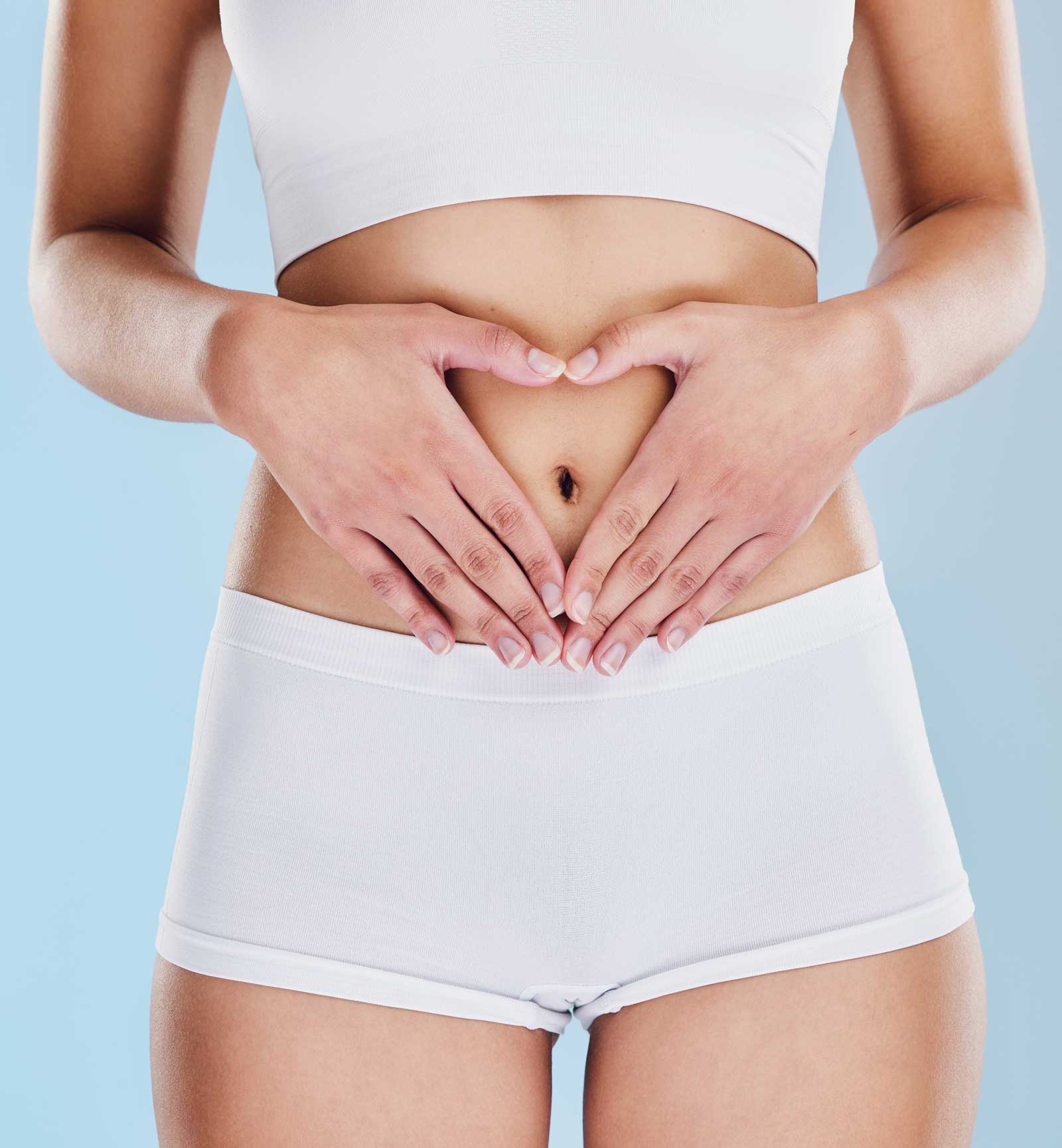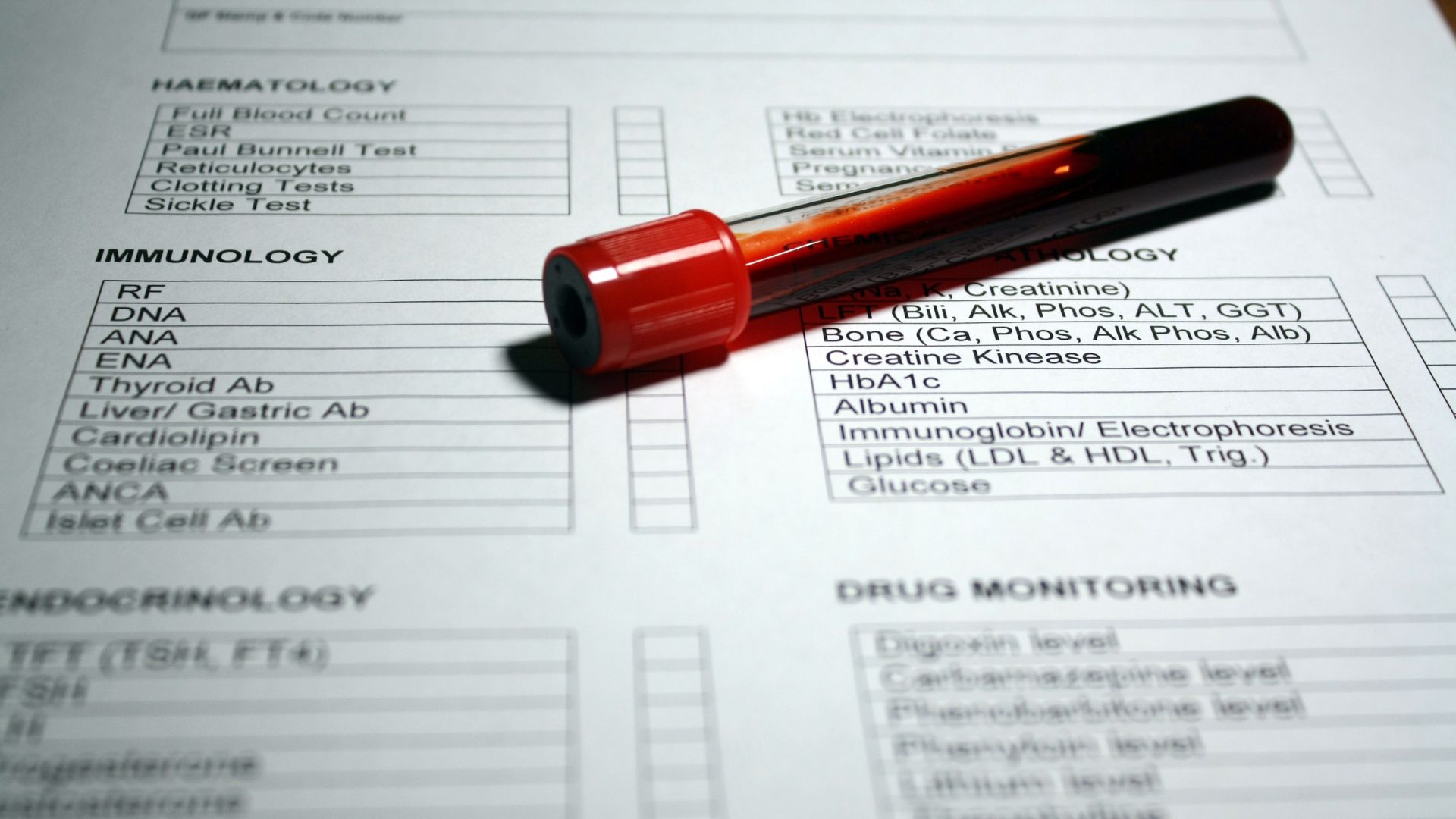In today’s fast-paced world, hormonal imbalances have become increasingly common, affecting overall health and well-being. While factors like stress, lack of sleep, and environmental toxins play a role, diet also plays a crucial role in maintaining hormonal balance. Incorporating specific foods into your diet can help support hormonal health and promote overall vitality. Here are seven top picks to consider adding to your meals:
1. Cruciferous Vegetables
Cruciferous vegetables such as broccoli, cauliflower, Brussels sprouts, kale, cabbage, and bok choy are rich in compounds that support liver function. The liver plays a key role in metabolizing hormones, particularly estrogen. Including these veggies in your diet helps the liver metabolize estrogen efficiently, thus promoting hormonal balance.
2. Salmon and Albacore Tuna
Rich in omega-3 fatty acids, salmon, and albacore tuna are excellent choices for supporting hormonal health. Omega-3 fatty acids help stabilize hunger hormones, keeping cravings in check and promoting satiety. Additionally, these essential fats are crucial for hormone production, making them an important addition to your diet.
3. Avocados
Avocados are not only delicious but also a fantastic source of healthy fats. These creamy fruits contain monounsaturated fats that support hormone production and balance. Including avocados in your diet provides a nourishing boost to your hormonal health.
4. Fruits and Vegetables
Aim to include a variety of organic fruits and vegetables in your diet to ensure a diverse nutrient intake. Fruits and vegetables are packed with vitamins, minerals, and antioxidants that support overall health, including hormonal balance. Opt for a rainbow of colors to maximize the nutritional benefits.
5. High-Fiber Foods
Fiber-rich foods play a crucial role in hormonal health by aiding in the elimination of excess hormones from the body. Include foods like flaxseeds, chia seeds, whole grains, beans, and non-starchy vegetables in your diet to promote hormone balance and support digestive health.
6. Magnesium-Rich Foods
Magnesium is an essential mineral involved in hundreds of biochemical reactions in the body, including hormone regulation. Incorporate magnesium-rich foods such as dark green leafy vegetables, avocados, legumes, tofu, nuts, seeds, and whole grains into your diet to help restore hormone balance.
7. Prebiotic and Probiotic Foods
Gut health is closely linked to hormonal balance, as the gut microbiome plays a role in hormone metabolism and production. Including prebiotic foods like raw garlic, oats, asparagus, almonds, apples, bananas, Jerusalem artichokes, and chicory, along with probiotic-rich foods like kimchi and yogurt, can support gut health and promote hormonal balance.
By regularly incorporating these seven foods into your diet, you can help maintain hormonal balance and enhance your overall well-being. Remember to prioritize whole, nutrient-dense foods and listen to your body’s cues for optimal hormonal health.








